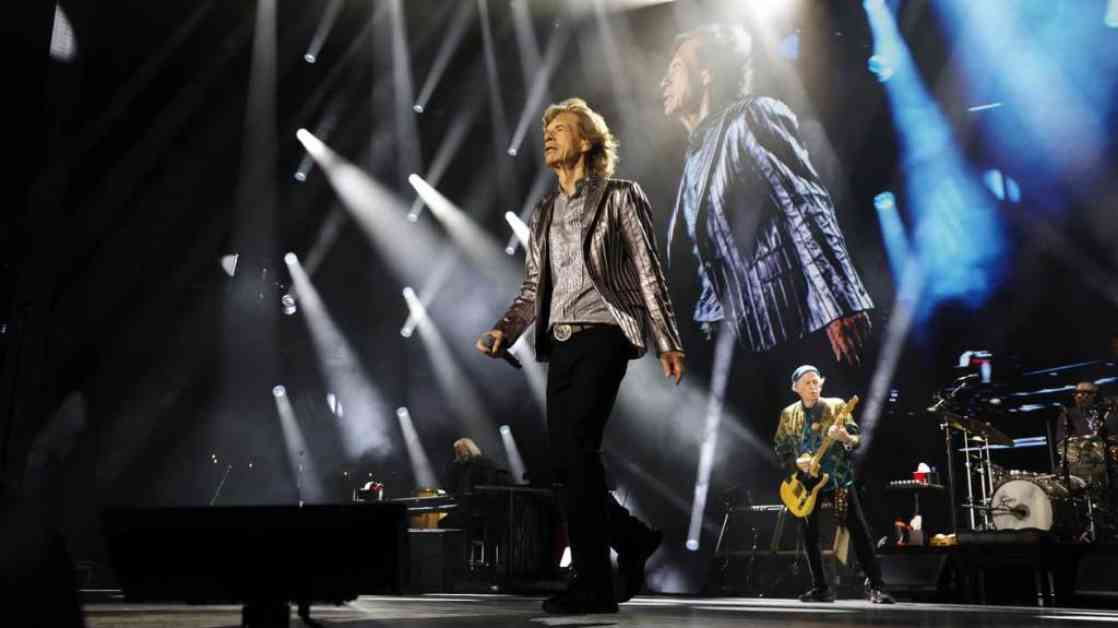Dozens of artists and songwriters have raised objections to the use of their music by politicians at rallies and on social media platforms. Since Donald Trump’s first presidential campaign in 2015, artists like The Rolling Stones, Adele, Rihanna, Sinead O’Connor’s estate, and Steven Tyler from Aerosmith have spoken out against the unauthorized use of their songs.
Despite sending cease-and-desist orders and objection letters, artists have had varying degrees of success in getting politicians to comply with their requests. For example, Steven Tyler’s representatives received a response from the Trump campaign’s law firm stating that they would not use Aerosmith’s music in the future, without admitting liability.
However, recent reports indicate that Trump continues to use certain songs at his rallies, prompting legal action from the estates of the songwriters. For instance, the estate of Isaac Hayes, co-writer of “Hold On, I’m Comin’,” has announced plans to take legal action against the Trump campaign for unauthorized use of the song.
The process for artists to object to the use of their music is relatively simple, as performing rights organizations like BMI and ASCAP allow songwriters to request the removal of their songs from political campaigns’ licenses. Despite this, some politicians continue to use the songs without regard for the artists’ objections.
In cases where campaigns stream their rallies online, additional licenses may be required, including synch licenses and mechanical licenses. Social media platforms also have their own licensing agreements with major labels and publishers, which could impact the use of music in campaign ads and social media posts.
While artists and songwriters may prefer to avoid litigation, they want to ensure that their fans understand they do not endorse specific candidates. Past instances of conflicts between artists and politicians, such as Bobby McFerrin’s objection to the use of “Don’t Worry, Be Happy” by George H.W. Bush’s campaign in 1988, highlight the longstanding nature of this issue.
Overall, the issue of politicians using music without permission is a recurring topic during election seasons, with artists and songwriters continuing to assert their rights and seek legal recourse when necessary.




















